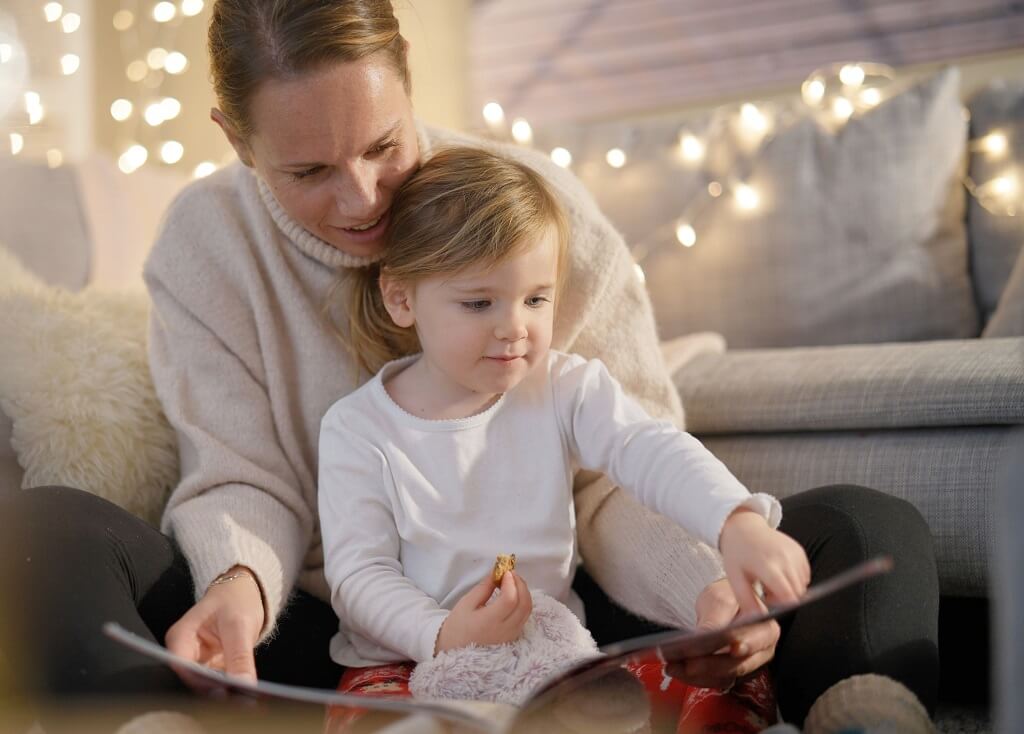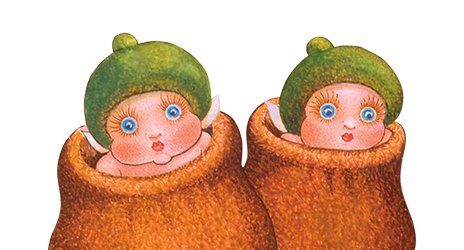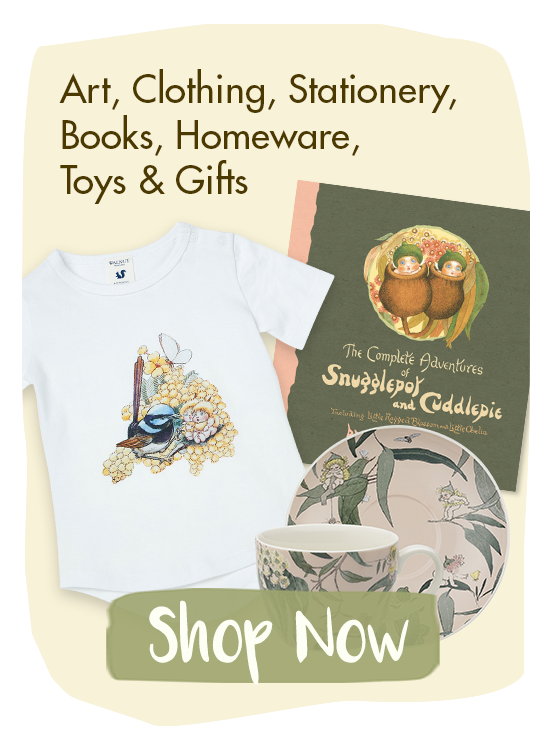Date : May 28, 2023

Shared reading and vocabulary and reading development
Is reading books with your child part of your everyday routine? Discover the benefits of shared reading – and how the one million word gap impacts a child’s reading development.
What is the ‘one million word gap’? Why is it important?
The one million word gap refers to research conducted in the US that determined that children who are read 5 books a day by their parents start kindergarten having been exposed to 1.4 million more words than their classmates who weren’t read to. Researchers believe that this one million word gap could explain differences in the vocabulary and reading development in these children.
So, the more you read to your child, the better the start to their academic life. Even kids who only have one book read to them a day are exposed to 290,000 more words by age 5 than children who don’t regularly read books with their parents or caregivers. It’s so important to give them the leg up they need to succeed – and something as simple as reading a couple of picture books with your child before bed can make all the difference.
What is shared reading time? How can I make it more engaging for my child?
The term ‘shared reading’ refers to an interactive reading experience where children can join in and share in reading books with their parents, guardians, or teachers. Shared reading time helps children enjoy books they couldn’t read on their own, exposing them to new words and ideas they wouldn’t have otherwise encountered. Shared reading also provides a safe space for your child to build on their sight word knowledge and to improve their reading fluency.

Ideally, try to spend 15 to 20 minutes a day reading with your child. Encourage them to choose the books themselves, to help them feel more involved in the process. Ask them questions about the text based on what has previously happened in the story, and what might be going on in the illustrations. Encourage them to talk about the story and how they feel reading it. Anything that might help a child relate to the story will help them engage with the words and improve on their fluency.
Consider choosing books that involve songs, chants, or poems, as rhyming words make it easier for your child to remember new words. For example, Bib and Bub by May Gibbs is a fantastic rhyming story with accompanying pictures that would be great for shared story time!
For more on how to improve your child’s reading skills, check out these great ideas!
 Librarian Bec
Librarian Bec
Right now, Librarian Bec’s hard at work at your local library, sharing a passion for reading with little people and big. Bec writes about inspiring little readers and embracing lovely literature.


